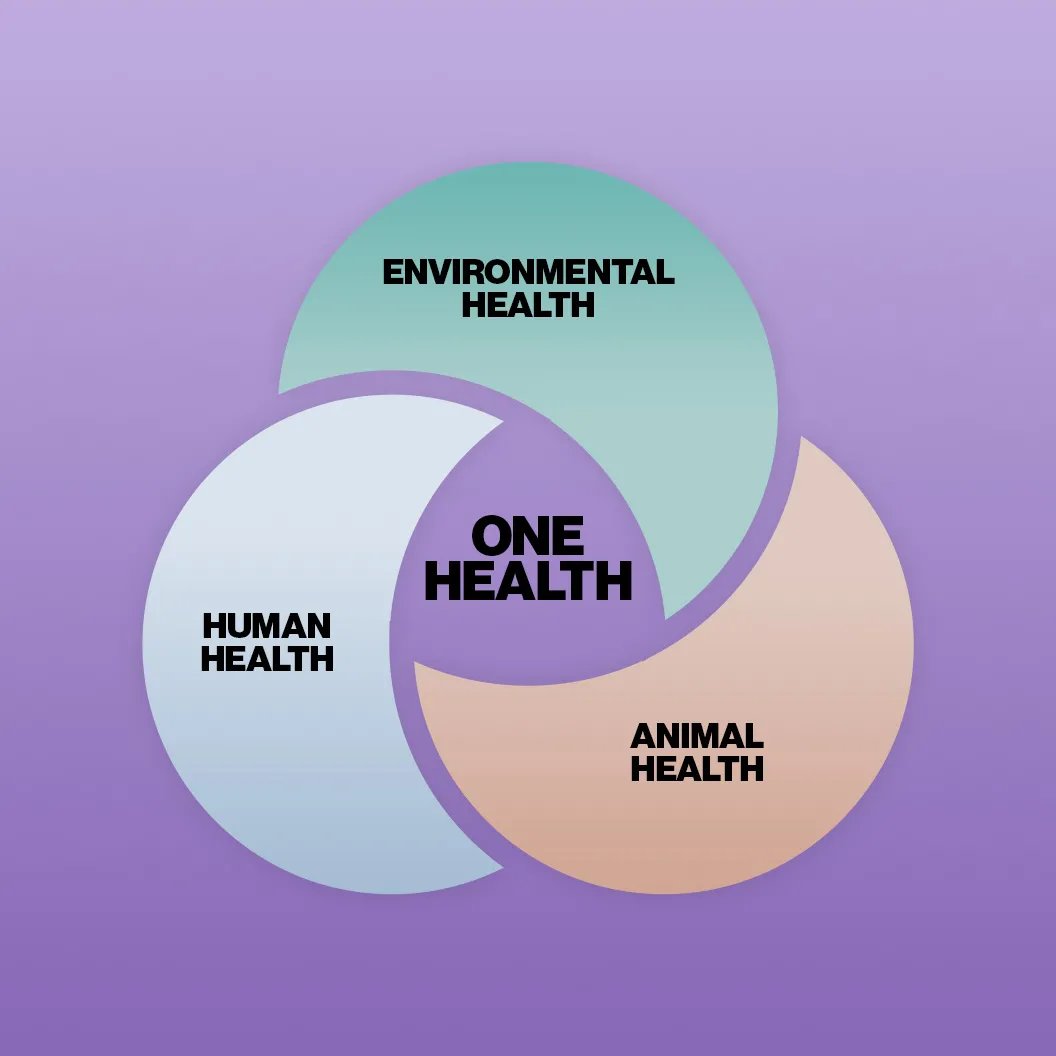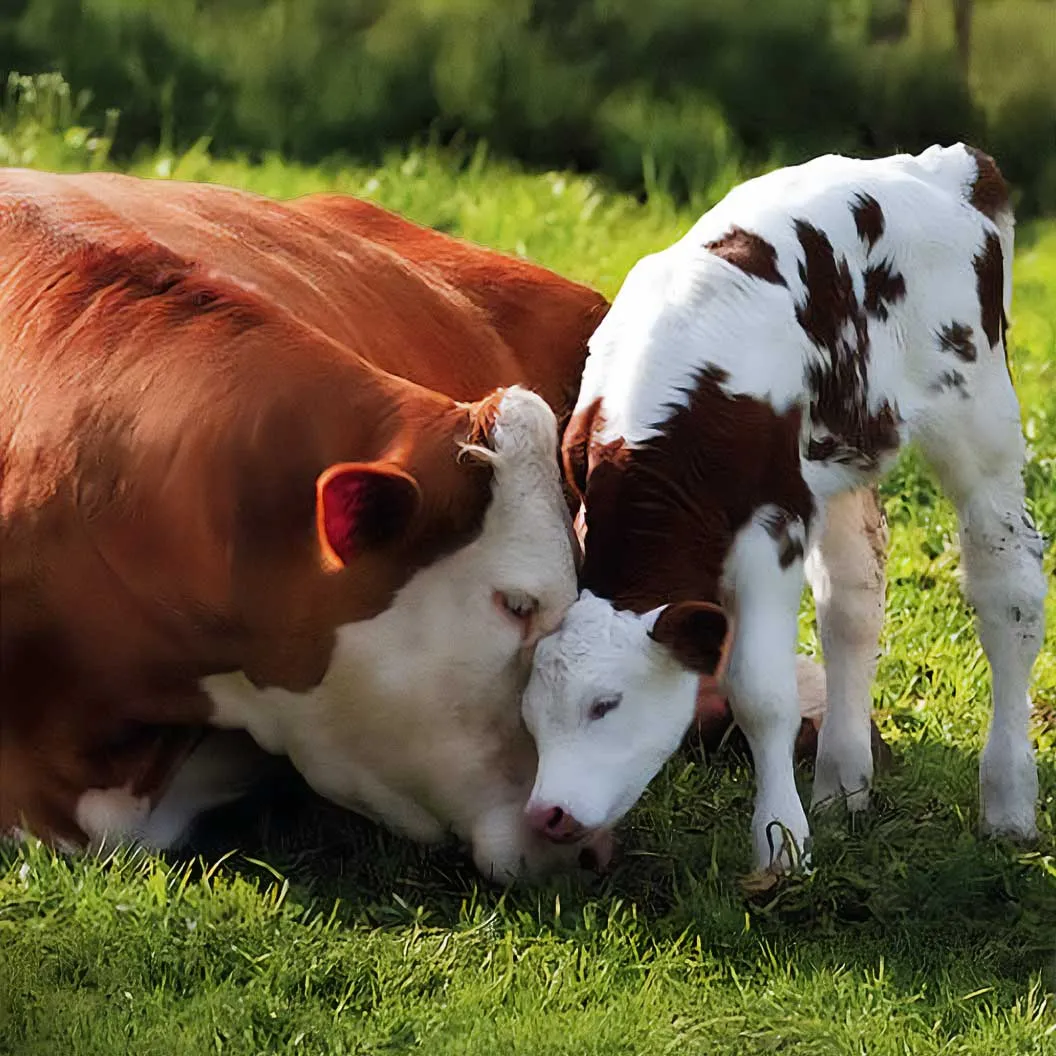Philanthropy and Animal Welfare
How philanthropy drives animal welfare through impact investments, legislative changes, and sustainability. Learn about the challenges and progress in livestock reform and the 'One Health' approach for a more ethical and compassionate future.
Julián Donoso
Development Manager
02/12/2024

Philanthropists are increasingly demonstrating a deeper concern for animal welfare. Through impact investments and the commitment of major donors, the success rate has seen a significant leap forward. These are positive developments, but challenges still lie ahead.
Philanthropists are well-educated and well-informed people. They know that we share the planet with a natural environment whose well-being conditions our own. That the fate of animals is linked to human beings because we interact permanently with the environment. That Animal Welfare has a great direct impact on social, environmental and sustainability aspects. And that mistreatment is inadmissible and, on many occasions, unnecessary.
Recently, the EU has made a decisive shift towards the ‘One Health’ approach, aimed at safeguarding the universal health of humans, animals, and the environment.
“The European Commission acknowledges that animal welfare goes far beyond protecting animal rights, as it has direct implications for human health and ecosystem stability”
These perspectives are increasingly influencing the direction of philanthropic funding. Over the past decade, philanthropy has shown a growing focus on the interactions between humans, animals, and the environment. According to a report by the Spanish Fundraising Association, the number of high and upper-middle-level donors has increased by 11% since 2017.
Their altruistic commitment enables activities to raise awareness about the need for ethical treatment of animals, drive legislative changes, promote transparency in farming practices, and make these practices sustainable. Donors contribute to reforming the industrial farming system, ensuring animal welfare while promoting ethical and sustainable practices that benefit animals, the natural environment, and society as a whole.
By financing animal welfare initiatives, it is possible to achieve transformative and far-reaching impacts. In recent years, AWO has succeeded in advancing 44 policies and engaging more than 50 companies. As a result, in 2023 alone, we have improved the living conditions of over 160 million animals.
Challenges for the Philanthropy Sector
Each year, 160 billion animals in industrial farms, raised for human consumption, endure lives of suffering and discomfort, often facing violent and painful deaths. These practices have severe social and environmental consequences. In response, the sector faces the dual challenge of supporting proposals to reform the current system towards sustainability while also leading impactful and far-reaching achievements.
It is necessary to create a solid philanthropic culture in Spain and leave behind the idea that the elites with the capacity to exert a solidary influence see the benefit of the community as dissociated from their own. Although in this sense we are still far from the level of commitment that exists in the United States, this archaic vision of coexistence seems to be beginning to change.
This change in perspective also coincides with a generational shift. Generation Z is made up of young people who are very clear-sighted about current planetary challenges. And they are now beginning to have the ability to influence decisions about the type of philanthropic action to fund.







